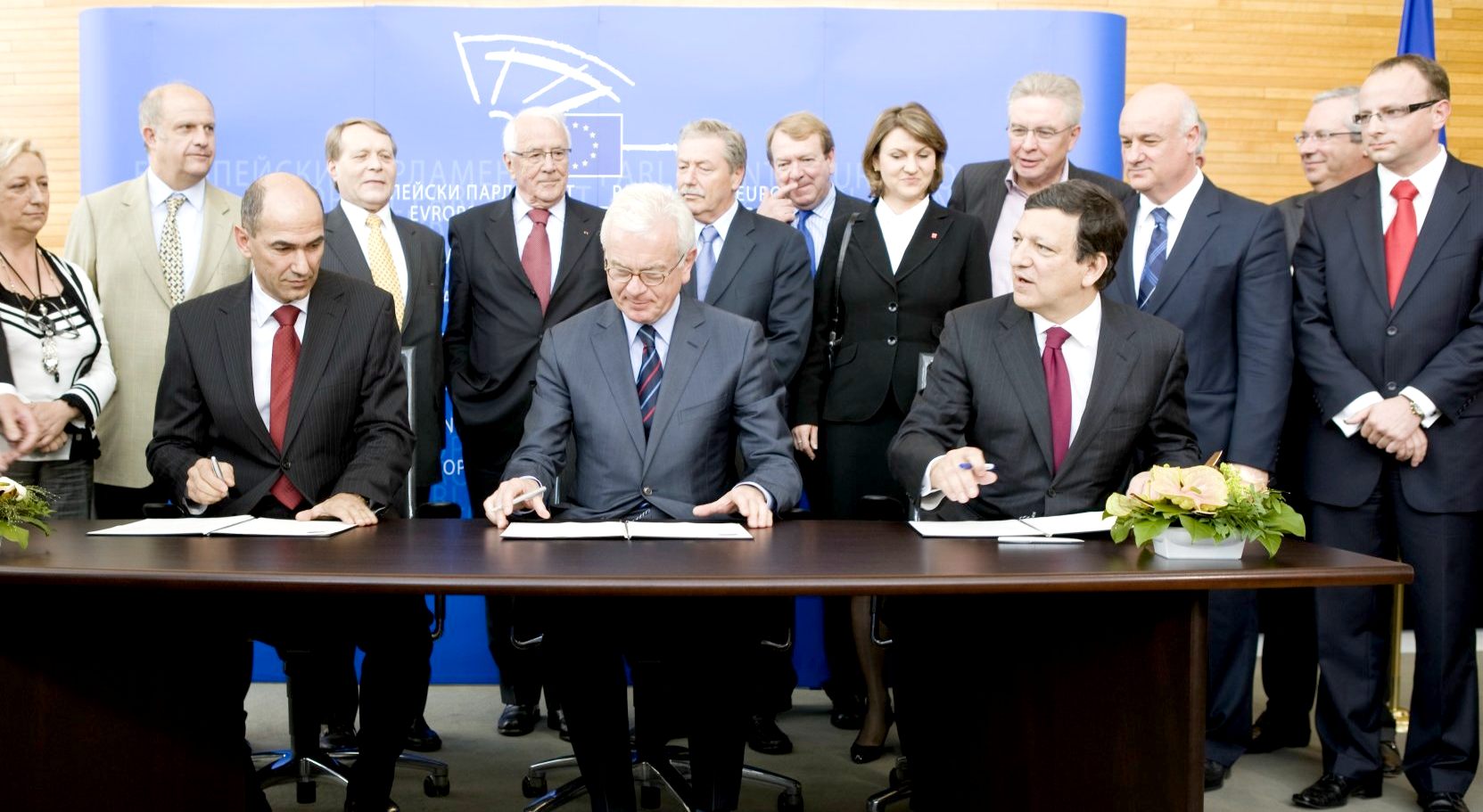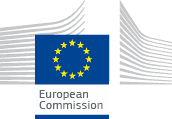|

CREATION -
The European Maritime Day (EMD) was officially created on 20 May 2008
where the President of the European Parliament Hans-Gert Pöttering,
Council President Janez Janša, and Commission President José Manuel
Barroso signed a Joint Tripartite Declaration establishing it.
The EMD 2016 conference attracted 1200 participants from the European maritime community. They focussed their discussions on "Investing in competitive blue growth - smart and sustainable solutions", identifying and highlighting the practical steps needed to drive blue growth investments, as well as innovation and change in the blue economy.
The event included 66 matchmaking meetings, a networking village with more than 30 exhibitors, a photo competition of more than 600 entries, site visits, a classical concert, an art project on marine litter and two days of public events around maritime themes in Turku (20-22 May).
Turku, a city on the southwest coast of Finland, straddles the Aura River. Dating from the 13th century, it's known for Turku Castle, a medieval fortress with a history museum, perched at the river mouth. Restaurants line the cobbled riverside streets. On the eastern bank lies the Old Great Square, a former trade hub, surrounded by grand buildings. The nearby Turku Cathedral houses a royal tomb and a museum.
European
Maritime Day - taking Blue Growth to the next level 24/05/2016
Blue
growth is here to stay, concluded the 1200 marine and maritime economy
stakeholders who gathered in Turku, Finland, last week to celebrate the
9th edition of the European Maritime Days. “A sustainable marine economy
is not a dream, it is a reality”, said Commissioner Karmenu
Vella in the Opening Session of the conference. “Across Europe –
he went on - people are working hard on innovation and pushing
boundaries”. European Commission Vice-President Katainen listed a number
of blue economy projects already selected for EFSI support, stressing the
importance of new investments for all maritime innovations.
Since the launch of the Blue Growth Strategy by the European Commission in
2012, the maritime economy has been moving steadily forward, with various
sectors striding decisively towards creating jobs and sustainable growth
while safeguarding seas and oceans. The current 75,000 jobs in offshore
wind energy are a case in point.
Investing in the Blue Economy was precisely the focus of the first
'Leadership Exchange' panel, and the best way to make investment happen is
by working on the ground and mobilising bottom-up initiatives. "Jobs
– said Committee of the Regions president Markku Markkula - will come
from local activities”. The environmental dimension was central to many
of the leaders’ interventions: “Healthy marine eco systems are the
foundation of all we do” stated Lasse Gustavson, Oceana’s director for
Europe. Moreover, being at the cutting edge of sustainability gives Europe
the competitive edge for export. As Bernard Meyer, CEO of Meyer Shipyards,
put it: “The ocean is our market.”
But there is a crucial prerequisite, and that is good ocean governance.
Not just the Law of the Sea, which has been in place for 4 centuries, but
something more: an interplay, in the words of Irish vice-admiral Mark
Mellet, between governments, law, institutions, civil society and
industry. EU policies and strategies contribute to streamlining that
interplay: for example to MEP Gesine Meissner “Maritime Spatial Planning
is an important tool”.
“Now we need to move to the next level, and encourage blue
growth more systematically”, said Commissioner Vella.
Within the conference some twenty workshops and five thematic sessions
discussed a wide range of topics: innovation, smart specialisation and
sustainable solutions for blue growth, potential and challenges of sectors
like cruise tourism and ocean energy, clean shipping and environmental
technologies, the role of ocean governance, Maritime Spatial Planning and
multiple uses of space, the importance of data and knowledge, marine
litter, the importance of digitalization and connectivity, and the role of
business actors including SMEs and clusters.
On the second day findings were discussed and reported back to a second
'Leadership Exchange' panel which comprised, besides the European
Commission, representatives from Member States and regional governments,
industry, civil society and the European Parliament.
The key messages emerging from the two intense days of debate included:
* Clusters are enablers that can
connect good ideas – of SMEs and others – to industry partners and
finance providers and help drive transitions to new blue growth
activities.
* Sectors such as ocean energy provide
massive opportunities for growth, jobs and global environmental gains; we
should not be discouraged by the challenges that are still outstanding,
but should tackle them gradually and keep a long term focus.
* Ocean
Energy also shows how important it is to prioritise strategic
investments that provide returns not only in economic terms but also in
terms of climate and environmental benefits.
*
Access to finance continues to be a challenge. Policy makers have a huge
responsibility to strengthen risk guarantees, cut red tape and ensure
stable regulatory environments.
Action
at regional level has a huge role to play in boosting blue growth. The
most advanced regions are systematically developing their transnational
partnerships to maximise their potential and bundle strengths. This could
be further facilitated through wider blue growth platforms that could turn
the ambitions of these actors into concrete and joint investments.
If we are to get a return from all the investments in innovation and
infrastructure, developing skills is critical. It is hard to predict what
future jobs will entail, so it is important to educate also for the
'unknown'.
The element to emphasise when attracting capable and motivated young
people to maritime careers is not just the purely technical interest of
the profession but also the role of 'steward of the oceans'.
Blue Growth can only thrive within a strong and reliable international
ocean governance system, for which intense cooperation and stricter
implementation and enforcement globally are needed.
In a parallel action, the European Maritime Day this year has hosted the
photo competition #MyPortofTurku, organised by DG MARE. The wide
participation (almost 600 entries) and the exhibition of the 50 best
photos generated a lot of interest for the participants and the
stakeholders.
The Commission thanks participants for their insights and will follow up
on these conclusions. The conference's leitmotif was that economic growth
and sustainability are not in opposition, but go hand in hand. The
integration of the two, through innovation and good ocean governance, will
be the key to achieving healthy and prosperous oceans.
EMD
HEADLINE THEMES
*
Brussels 2008: "A regional approach to the implementation of Maritime
Policy"
*
Rome 2009: "Integrated Maritime Policy and the contribution of
maritime clusters"
*
Gijón 2010: "How to foster innovation?"
*
Gdansk 2011: "Maritime Policy: Putting People First"
*
Gothenburg 2012: "Sustainable Growth from the Oceans, Seas and
Coasts"
*
Valletta 2013: "Coastal Development and Sustainable Maritime
Tourism"
*
Bremen 2014: "Innovation driving Blue Growth"
*
Piraeus 2015: "Ports and Coasts, Gateways to Maritime Growth"
*
Turku 2016: "Investing in blue growth – smart and sustainable
solutions"
*
Poole 2017:
"The Future of our Seas"
*
Burgas 2018: Bulgaria "TBA" *
Lisbon 2019: Portugal "TBA"
*
Cork
2020: Ireland "TBA"
*
Den Helder 2021: The Netherlands "TBA" *
Ravenna 2022: Italy "TBA" *
Brest 2023: France "TBA" *
Svendborg 2024: Denmark "TBA"
CONFERENCE
Programme

CONTACTS
Enterprise Europe Network South West
Business West, Leigh Court
Abbots Leigh, Bristol, BS8 3RA
LINKS
& REFERENCE
http://ec.europa.eu/maritimeaffairs/maritimeday/en/2014
http://ec.europa.eu/maritimeaffairs/maritimeday/en/home http://ec.europa.eu/maritimeaffairs/maritimeday/en http://ec.europa.eu/maritimeaffairs/maritimeday/en/about-emd http://ec.europa.eu/maritimeaffairs/maritimeday/en/poole-2017 http://ec.europa.eu/maritimeaffairs/maritimeday/en/exhibition
ACIDIFICATION
- ADRIATIC
- ARCTIC
- ATLANTIC
- BALTIC
- BAY
BENGAL - BERING
- CARIBBEAN
- CORAL
- EAST
CHINA SEA
ENGLISH
CH - GOC
- GULF
GUINEA - GULF
MEXICO - INDIAN
-
IOC
- IRC
- MEDITERRANEAN
- NORTH
SEA - PACIFIC
- PERSIAN
GULF - SEA
JAPAN - STH
CHINA - PLASTIC
- PLANKTON
- PLASTIC
OCEANS - SEA
LEVEL RISE - UNCLOS
- UNEP
WOC
- WWF
|
